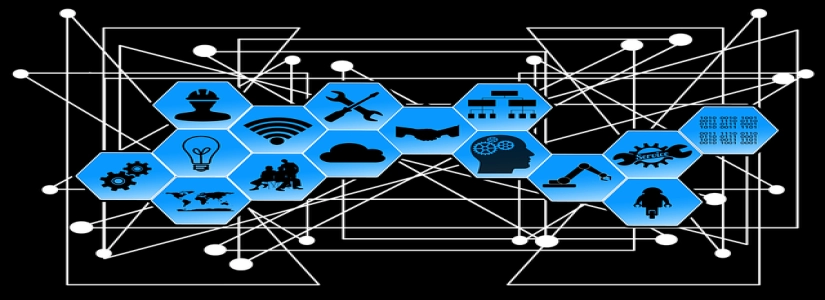英文网络营销
Title: The Impact of Internet Marketing on Businesses
Introduction:
In today’s digital age, internet marketing has become an integral part of business strategies. This article aims to provide a comprehensive understanding of the various aspects and benefits of internet marketing.
I. The Basics of Internet Marketing
A. Definition and Scope: Internet marketing refers to the use of digital platforms and online channels to promote products and services.
B. Key Components: It encompasses techniques such as search engine optimization (SEO), social media marketing, email marketing, content marketing, and pay-per-click advertising.
C. Target Audience: Internet marketing allows businesses to reach a global audience and target specific demographics.
II. Benefits of Internet Marketing
A. Increased Visibility: Implementing internet marketing strategies enhances a business’s online presence and visibility, leading to higher brand awareness.
B. Cost-Effectiveness: Compared to traditional marketing methods, internet marketing offers a more affordable and measurable approach, especially for small businesses.
C. Targeted Marketing: Through various tools and techniques, businesses can pinpoint their target audience, ensuring that their marketing efforts are reaching the right people.
D. Data Analysis: Internet marketing provides access to valuable data, allowing businesses to analyze consumer behavior and adjust their strategies accordingly.
III. Effective Internet Marketing Strategies
A. Search Engine Optimization (SEO): Optimizing websites, content, and keywords to improve organic search engine rankings and drive traffic.
B. Social Media Marketing: Leveraging popular social media platforms to engage with the audience, build brand loyalty, and drive website traffic.
C. Email Marketing: Building customer relationships through personalized emails, promotional offers, and targeted messages.
D. Content Marketing: Creating and sharing valuable and relevant content to attract and retain customers, ultimately driving conversions.
E. Pay-Per-Click (PPC) Advertising: Placing ads on search engines or websites and paying only when users click on them, ensuring cost-efficient advertising.
IV. Challenges and Future Trends in Internet Marketing
A. Increased Competition: With the growing popularity of internet marketing, businesses face intense competition in capturing consumer attention and engagement.
B. Security and Privacy Concerns: Data breaches and online scams pose a risk to businesses and consumers, highlighting the need for robust security measures.
C. Mobile Marketing: As smartphone usage continues to rise, optimizing marketing efforts for mobile devices becomes crucial for businesses to reach a wider audience.
D. Artificial Intelligence (AI) and Big Data: The integration of AI and big data will revolutionize internet marketing, allowing businesses to implement more personalized and targeted campaigns.
Conclusion:
In conclusion, internet marketing has revolutionized the way businesses promote their products and services. By understanding the basics, benefits, strategies, and challenges associated with internet marketing, businesses can effectively leverage these digital tools to secure their success in the ever-evolving online marketplace.








